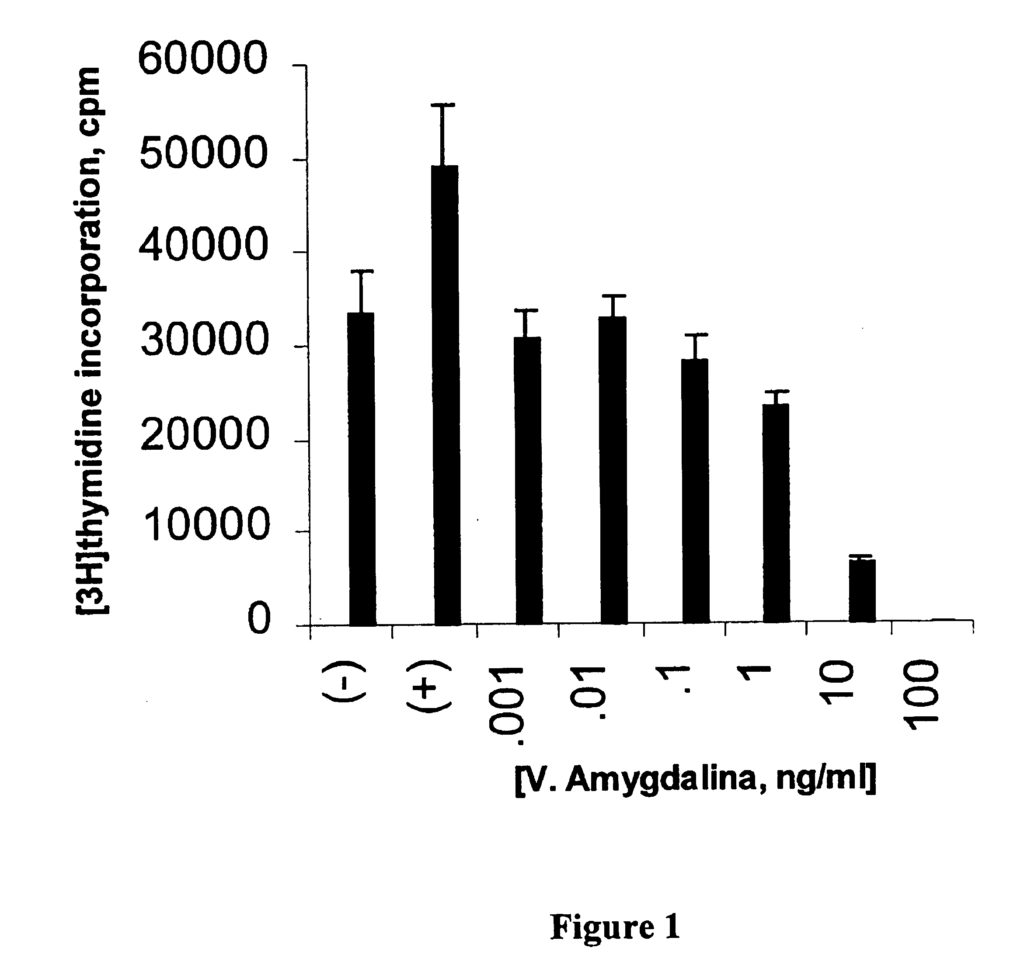Effective Plant-Based Cancer Treatment Solutions
Introduction
This innovative phytochemotherapy technology introduces a novel approach to cancer treatment using plant-based compounds, or phytochemicals, to target and destroy cancer cells. These natural compounds offer a promising alternative or complement to traditional chemotherapy, with the potential to reduce side effects and improve patient outcomes. For pharmaceutical companies and biotech firms focused on oncology, this technology provides a new pathway for developing cancer therapies that align with the growing demand for more effective and less harmful treatment options.
The Challenge: Managing Cancer Treatment Side Effects
While chemotherapy remains a key component of cancer treatment, its toxicity and severe side effects pose significant challenges for patients. Traditional chemotherapy treatments, which use powerful chemicals to kill cancer cells, often damage healthy cells in the process, leading to symptoms such as nausea, fatigue, and weakened immune response. There is an increasing need for cancer treatments that are both effective and less harmful, offering a better quality of life for patients while still targeting cancer cells aggressively. Plant-based therapies, known for their bioactive properties, offer an untapped resource for developing such treatments.
Phytochemicals for Targeted Cancer Therapy
This phytochemotherapy technology harnesses the power of naturally occurring phytochemicals, which have been shown to have anti-cancer properties. The method uses specific plant compounds to inhibit the growth of cancer cells, reduce tumor size, and improve overall patient health. By focusing on natural agents that selectively target cancer cells while sparing healthy tissue, this treatment can reduce the toxicity and side effects typically associated with chemotherapy. This makes it a potentially safer and more tolerable option for patients undergoing cancer treatment, especially for those seeking integrative or alternative therapies.
Key Benefits for Pharmaceutical and Oncology Sectors
Pharmaceutical companies stand to benefit from this plant-based cancer treatment by developing new drugs that appeal to patients seeking alternatives to traditional chemotherapy. This technology opens up a range of possibilities for combination therapies, where plant-based agents can enhance the effectiveness of existing treatments while mitigating adverse side effects. Oncology researchers will also find value in exploring the diverse range of bioactive compounds available in plants, leading to new insights and innovations in cancer therapy. Healthcare providers can offer patients more personalized and less aggressive treatment plans that prioritize both efficacy and well-being.
Invest in Next-Generation Cancer Therapies
Licensing this plant-based cancer treatment technology allows your organization to lead in the development of safer, more effective cancer therapies. By offering a natural alternative to traditional chemotherapy, this technology aligns with the growing demand for holistic and integrative medical treatments. It provides an opportunity to advance oncology care with innovative solutions that reduce the burden of side effects while maintaining the effectiveness of cancer treatment. This technology is a valuable investment for companies committed to improving patient outcomes and advancing cancer research.

- Abstract
- Claims
Share
Title
Phytochemotherapy for cancer
Inventor(s)
Ernest B. Izevbigie
Assignee(s)
Jackson State University
Patent #
6849604
Patent Date
February 1, 2005
